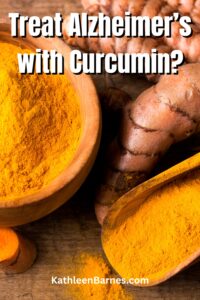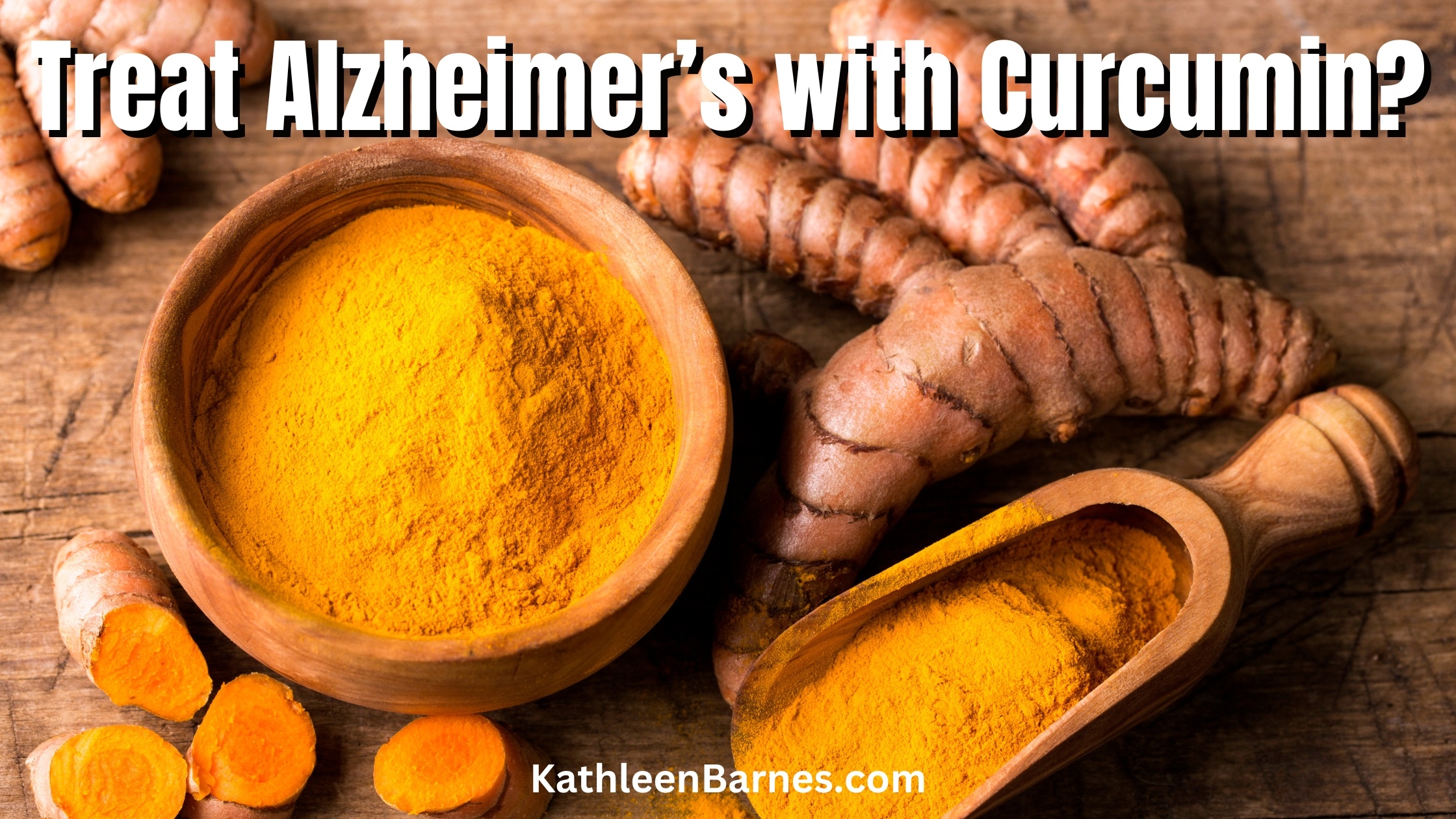 Many of us have painful experience with Alzheimer’s disease and dementia. I can’t think of anything much worse than seeing a loved one slip away, physically still present but mentally absent. Worse yet, many of us have seen loved ones’ personalities change, becoming combative and even violent as they slide inevitably toward a protracted death. I know. I’ve been there. My mother and my grandmother both suffered from Alzheimer’s.
Many of us have painful experience with Alzheimer’s disease and dementia. I can’t think of anything much worse than seeing a loved one slip away, physically still present but mentally absent. Worse yet, many of us have seen loved ones’ personalities change, becoming combative and even violent as they slide inevitably toward a protracted death. I know. I’ve been there. My mother and my grandmother both suffered from Alzheimer’s.
We’re most familiar with Alzheimer’s, the most common form of dementia that accounts for 60 to 70% of all cases of clinically validated forms of memory loss.
One thing all of these types of memory disorders have in common: Modern medicine tells us there is no cure and not even any good way of delaying the progress of the disease.
That’s no longer true. Science is now giving us some powerful proof of natural ways to prevent and even reverse the effects of Alzheimer’s
Curcumin to the rescue
Curcumin, a component of the rhizome of the turmeric plant, has a unique ability to cross the blood-brain barrier. That means that it can affect brain chemistry and the survival mechanisms of brain cells (neurons), producing preventive and healing effects that few other nutrients can offer. Turmeric alone is not effective in the same way unless you eat tremendous quantities of it, like Indians who relish turmeric-spiced curry several times a day.
Curcumin, and particularly a uniquely absorbable formulation called BCM-95™, holds great promise for those with dementia and particularly for people with Alzheimer’s in their families. There has been extensive research in this area. A search of curcumin+dementia in the National Institutes of Health database turns up 134 studies). Enthusiasm for the results is becoming intense.
Compared to the Western world, there is a much lower rate of Alzheimer’s disease in India, where curcumin is eaten in large quantities in the curries that are a staple of the Indian diet. In fact, the rate of Alzheimer’s in India among people ages 70 to 79 is about one-quarter of the rate in the U.S. where curcumin is rarely included in our diets.
Here’s a fascinating story about Indian people who seems to have the secret of memory retention:
Researchers conducting autopsies on the brains of Indians who died of all causes found that there was an unusual yellowish color in their brain stem (hippocampus) tissue. This color, not seen in people of other ethnicities, was taken as proof that curcumin indeed crosses the blood-brain barrier and that large quantities of it are actually absorbed into the brain tissue.
Here are a few of the most interesting research results on curcumin and the brain:
Grow new brain cells: Until recently, scientists believed that it was impossible to grow new brain cells, but they busted that myth with the discovery of neurogenesis, the scientifically validated creation of new brain cells. University of Florida researchers have now confirmed that curcumin stimulates the birth of new neurons, particularly in the hippocampus, the seat of memory in the human brain.
Protect brain cells: Authors of a study published in the journal Current Alzheimer’s Research were enthusiastic about antioxidant properties of curcumin to prevent brain cell deterioration and death. Inflammatory cells called cytokines have a role in speeding up Alzheimer’s and the abilities of curcumin to inhibit the COX-2 enzyme can help protect those brain cells.
Destroy plaques and tangles: Scientists at UCLA called curcumin “anti-amyloid” for its ability to overcome the beta-amyloid protein that forms the plaques and tangles. They also noted that people with Alzheimer’s show signs of inflammation in their brains and credit curcumin’s anti-inflammatory properties with an ability to address that problem. Another UCLA animal study showed curcumin supplements reduced substances believed to cause plaque by 43 to 45%. Some researchers have suggested curcumin binds directly to plaques and eliminates them.
The most exciting new research on curcumin, and particularly the BCM-95™ formulation, suggests that curcumin helps dissolve those beta-amyloid plaques that are widely believed in the scientific community to cause the neuronal “short-circuit” that results in memory loss indicative of Alzheimer’s disease and other forms of dementia.
The 34 participants in this study published in the Journal of Psychopharmacology had all been diagnosed with probable or possible Alzheimer’s disease based on criteria set by the National Institute of Neurological and Communicative Disorders and Stroke–Alzheimer Disease and Related Disorders Association.
They were given either a placebo or one or four grams of BCM-95™ curcumin. There were few side effects and, interestingly, the most side effects occurred in the placebo group.
Researchers commented on the resulting increased levels of beta-amyloid in the bloodstream as indicative that the beta-amyloid plaque formations in their brains were dissolving and the bloodstream was carrying them away for waste disposal.
Improve memory in people with Alzheimer’s: This exciting Indian study explores multiple ways in which curcumin not only prevents Alzheimer’s and slows the progression of the disease, but actually improves memory in people already diagnosed with the disease.
Chelating heavy metals: The same Indian study says that curcumin helps eliminate heavy metals from brain cells and shields the cells from heavy metal contamination. These heavy metals have long been implicated in Alzheimer’s and dementia.
New research underway
In addition, BCM-95™ has been selected for study in a groundbreaking, exciting, year-long Australian clinical study searching for ways to prevent or delay the expected declines of Alzheimer’s disease, being conducted by renowned Australian researcher Ralph Martins, Ph.D., who directed the study on beta-amyloid plaque mentioned above.
As head of the Sir James McCusker Unit for Alzheimer’s Disease Research for over 20 years, Director of the Centre of Excellence for Alzheimer’s Disease Research and Care, Director and Inaugural Chair for Ageing and Alzheimer’s Disease at Edith Cowan University in Perth, Australia, Dr. Martins is working to develop an early diagnostic blood test in order to effectively prevent and/or treat this devastating degenerative brain disease.
In addition, Dr. Martins and his team are working to substantiate their theory that the presence of curcumin in the retina of the eye, when it is bound to the beta-amyloid plaque, may help doctors diagnose Alzheimer’s in its earliest stages and perhaps reverse the disease process with more curcumin. I am very excited about Dr. Martins’ work and look forward to results that will change the face of Alzheimer’s disease, prevention, diagnosis and treatment in the not-too-distant future.
Curcumin studies in animal models of Alzheimer’s disease have demonstrated that it can play a significant role in the destruction of beta-amyloid plaque. It is also a powerful antioxidant, with an ORAC value of 1.5 million per 100 grams, as determined by the United States Department of Agriculture (USDA). Other studies have shown that curcumin plays a role in neuronal regeneration. All these properties contribute to its potential utility in addressing this brain disease.
“I chose BCM-95™ curcumin for my human studies because it has published human bioavailability data,” says Dr. Martins. “Therefore, I can use a reasonable amount and expect that the serum levels will achieve a therapeutic range for a significant period of time.”







